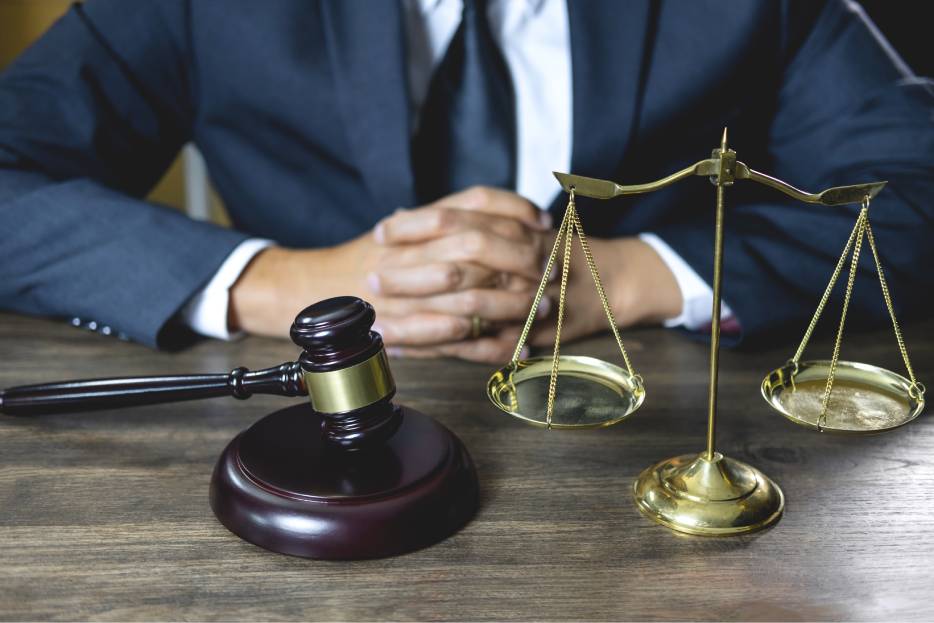Last week, we shared an article where you can find tips to internationalize your franchise in case you want to begin this year with growth and challenges.
Unfortunately, in businesses, there is not only success; sometimes you’ll face problems that could lead to commercial litigation, and even though your legal team will embrace the effort to solve it the best way possible, sometimes you must be involved in a part, mostly in depositions.
Depositions play a crucial role in commercial litigation, often shaping the outcome of a case before it ever reaches trial. Whether you are a business owner, executive, or key witness, thorough preparation is essential to provide clear, accurate, and confident testimony. A well-handled deposition can strengthen your position, while mistakes can be costly.
In this article, as commercial litigation attorneys in Miami, we will break down the key steps to effectively prepare for a deposition in a commercial litigation case. From understanding the legal process to refining your responses and avoiding common pitfalls, this guide will equip you with the knowledge and strategies necessary to navigate your deposition with confidence.

Table of Contents
ToggleWhat is a deposition?
A deposition is a formal legal proceeding where a witness, known as the deponent, provides sworn testimony outside the courtroom. It is conducted during the discovery phase of a lawsuit, allowing attorneys to collect and examine evidence before trial.
The deposition serves several purposes: it helps attorneys understand the witness’s knowledge of the case, preserves testimony for future reference, and can be used to challenge credibility if a witness’s statements change later.
Depositions are recorded either through a court reporter who transcribes the conversation or via audio and video recordings. While they do not take place in a courtroom, the statements made during a deposition carry the same weight as testimony given in court, meaning they can significantly impact the outcome of the case.
Because of this, careful preparation is crucial to avoid misstatements or misinterpretations that could be used against the witness.
Key steps to prepare for a deposition
Even though there are some practices for businesses to avoid commercial litigation, proper preparation is crucial for giving effective and confident testimony in a deposition. Below are the essential steps to prepare for a deposition, ensuring a smooth and successful experience.
1.- Review relevant case materials
One of the most important preparation steps is thoroughly reviewing all relevant documents and case materials. This includes contracts, emails, financial records, business correspondence, and any prior statements made in the case.
Understanding these materials will help the deponent provide consistent and accurate answers, reducing the risk of contradictions that could be used against them later.
In addition, reviewing pleadings, such as complaints, answers, and motions, can help the witness understand the legal issues at stake. If the deponent has provided any written statements, reports, or affidavits, it is essential to refresh their memory on these documents to ensure their testimony aligns with what has already been submitted in the case.

2.- Work closely with your attorney
A deponent should never go into a deposition unprepared or without legal guidance. Meeting with an attorney beforehand is essential for understanding what to expect and how to handle challenging questions.
The attorney will help identify key areas of focus, clarify legal strategies, and discuss potential weaknesses in the case that opposing counsel might exploit.
During these meetings, the attorney may conduct a mock deposition, simulating the questioning process to help the deponent practice their responses. This allows the witness to become comfortable with the format, learn how to handle tough or misleading questions, and receive feedback on their delivery and clarity.
3.- Practice answering questions
Depositions require precise and thoughtful communication. Practicing how to answer questions effectively can make a significant difference in the deponent’s confidence and credibility.
One key rule is to listen carefully to each question before responding. Rushing to answer can lead to mistakes, misinterpretations, or unnecessary elaboration that could weaken the testimony. Answers should be clear, concise, and factual.
Deponents should avoid speculation, assumptions, or offering opinions unless explicitly asked. If a question is unclear, they have the right to ask for clarification before responding.
4.- Understand what not to say
While it is essential to answer truthfully, deponents must also be mindful of what not to say. Volunteering extra information beyond what is asked can give opposing counsel new angles to explore or weaken the case unintentionally.
A common mistake is trying to “fill the silence” after answering a question—this can lead to unnecessary disclosures. Instead, deponents should answer only what is directly asked and then remain silent.
Another crucial point is avoiding speculation or guessing, as we mentioned. If a deponent does not remember a detail or is unsure about an answer, it is perfectly acceptable to say, “I don’t recall” or “I am not sure.” Providing inaccurate or inconsistent information can damage credibility and impact the case’s outcome.
By following these key steps, deponents can enter a deposition fully prepared and confident. Thorough preparation not only ensures accurate testimony but also helps protect legal interests in a commercial litigation case.
Now that you’ve learned more about how to prepare for a deposition, share this information on social media, and stay pendant on our blog for more business updates.


